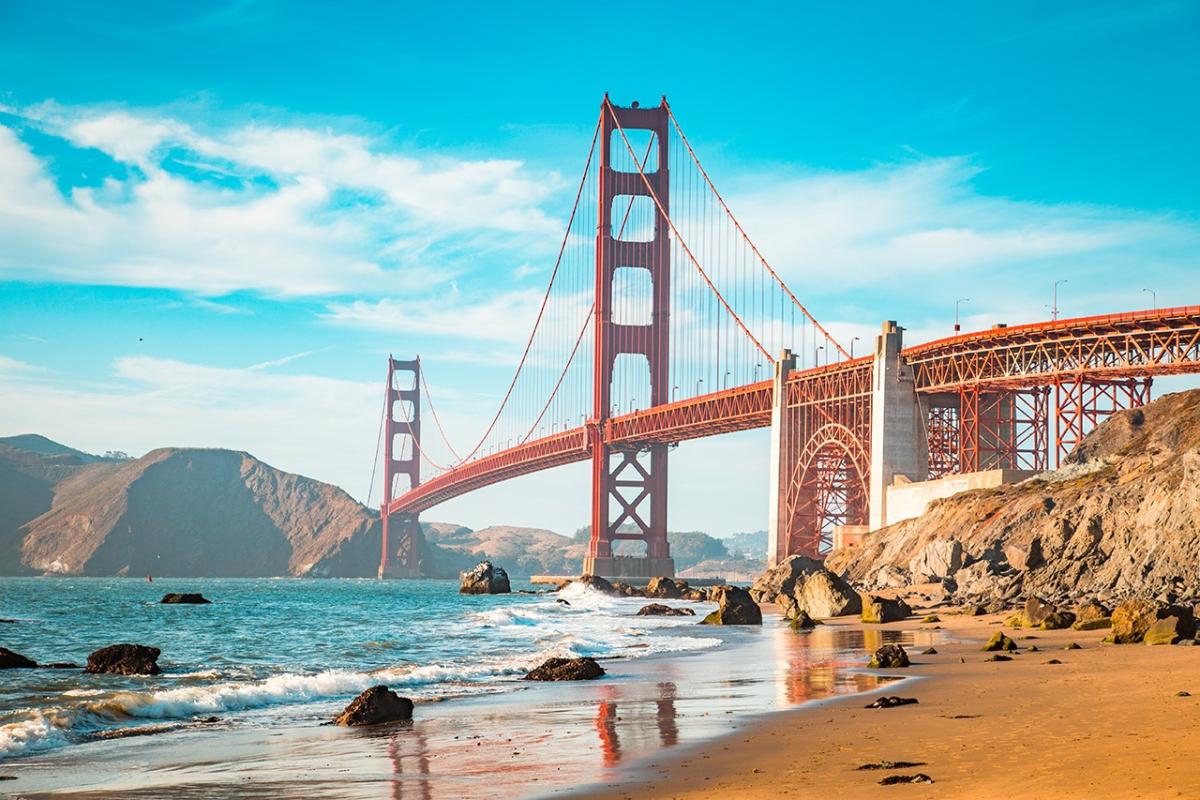
According to the Merriam-Webster dictionary, collateral damage is defined as “injury inflicted on something other than an intended target.” As we close out the first quarter of 2023, Destinations International is warning destination organizations, particularly those in the United States, that current political positioning and legislating may very well result in the travel and tourism sector, and the meetings, conventions, and special events sub-sector specifically, becoming political collateral damage.
Calls for Travel Boycotts Expected to Increase
This starts with the travel boycotts initiated by organizations, associations, and governments. Country sponsored travel boycotts have long been seen as a diplomatic tool to pressure change. Here are a few examples:
- A significant part of the international community imposed a travel boycott on South Africa in the 1980s to protest the country's policy of racial segregation. The boycott remained in place until the end of apartheid in the early 1990s.
- A significant part of the international community imposed a travel boycott on Myanmar in the late 1990s and early 2000s to protest the country's human rights abuses and lack of democratic reforms. The boycott was largely lifted in 2012, although some countries continue to advise against non-essential travel to the country. Recent actions there may result in a return to a boycott strategy by some countries.
- The Arab League countries have maintained a boycott of Israel since the establishment of the state in 1948. This boycott includes a ban on travel to Israel and on doing business with Israeli companies. Many Arab League members have withdrawn from this ban, most recently the United Arab Emirates, but the ban remains in place and honored by several other countries.
- After the 1973 oil embargo, several Western countries, including the US, implemented travel restrictions on Arab countries to protest the embargo and to pressure the countries to increase oil supplies. Both sides have long ago settled their differences on this and have returned to normal relations.
- A more recent travel boycott was in 2017 when several Arab countries including Saudi Arabia, Bahrain, the United Arab Emirates, and Egypt implemented a travel boycott of Qatar, accusing the country of supporting terrorism and destabilizing the region. The boycott included a ban on travel to Qatar and a ban on Qatar Airways flights to those countries. This ban ended at the beginning of 2021.
Currently Russia and Belarus are boycotted by many companies and organizations in Europe, North America, Australia and elsewhere, in response to the 2022 Russian invasion of Ukraine, which is supported by Belarus. The war shows no sign of ending anytime soon. As with Myanmar, Destinations International expects more formal government travel boycotts to be considered and perhaps implemented.

Within the United States, the longest running state travel boycott against another state remains California. Currently the state prohibits authorizing travel of state employees to any state that has enacted a law that permits discrimination against same-sex individuals based on sexual orientation, gender identity, or gender expression. Currently the state is boycotting 23 other states. Other states have also engaged in travel boycotts along with numerous individual local governments.
Most of these boycotts have been around LGBTQIA issues (though we have also seen some around issues involving gun control and gun safety education) but since the Supreme Court’s decision in Dobbs v. Jackson Women’s Health Organization that eliminated the constitutional right to abortion, Destinations International is seeing more discussion of boycotts against states that regulate a woman’s reproductive choices. According to the Center of Reproductive Rights, 24 states and three territories either outright prohibit or severely regulate abortion. These are expected to be the focus of travel boycott attempts. We believe that this issue will continue to increase in volatility during the 2023 state legislative sessions. Particularly with states that move to ban medication abortions or jail those who are deemed to be “trafficking” in medication that results in termination of a pregnancy or someone who “assists” those who are seeking an abortion.
We expect there to be a lot of political friction between so called conservative “red states” and more liberal “blue cities” within them. The cities are pushing back on travel boycotts to those destinations because of action at the state level as opposed to taking into consideration laws and policies at the municipal level. We are watching to see if organizations or governments in blue states are willing to accept those arguments or will it increase red states pushing back against the local autonomy of their cities.
After considerable research Destinations International opposes travel boycotts as counterproductive and, for the most part, ineffective. We believe that a better approach is showing up and engaging on the issue. This has a much better chance to move the needle on political issues. Destinations International is currently doing further research on the issue and will issue an industry brief on the topic this spring.

The Push to Enact Anti-Woke Policies and Legislation
The other area that has caught our attention is the current debate over so called “woke” behavior or policies. Seen as a primarily United States issue, it has popped up in many other areas across the world. Destinations International has been following the push back against “woke” activities by governments since the end of last year after it became clear that the push back in the United States was going to move beyond state investment policies.
The term "woke" can have different meanings depending on the context, but broadly speaking, it refers to a set of social and political beliefs that prioritize issues of social justice, equality, and inclusion. Some people view "woke" as a positive development, while others see it as a threat to traditional values and institutions. Here are some policies that have been proposed or enacted by various governments that could be seen as anti-woke:
- Bans on critical race theory (CRT) and related diversity training: Some Republican-led states in the United States have banned the teaching of CRT in schools or government workplaces, arguing that it promotes divisiveness and teaches students to view the world through a lens of race. Similar bans have been proposed in other countries, such as the UK.
- Restrictions on transgender rights: Some governments have proposed or passed laws that limit the rights of transgender people. For example, several US states have passed laws that ban transgender girls and women from competing in school sports teams that match their gender identity, while Hungary has recently passed a law that bans the portrayal of homosexuality and transgender issues to minors.
- Limits on free speech: Some governments have proposed or enacted laws that restrict free speech in the name of protecting traditional values or social cohesion. For example, France has passed a law that makes it a criminal offense to publish images of police officers with intent to cause harm, while Poland has proposed a law that would impose heavy fines on social media companies for removing content that is considered legal under Polish law.
- Opposition to "cancel culture:" Some politicians and commentators have criticized what they see as a culture of intolerance and censorship on the left, which they describe as "cancel culture." They argue that this culture stifles free speech and punishes people for expressing unpopular opinions. Some governments have taken steps to push back against cancel culture, such as by enacting laws that protect free speech on college campuses. In France, President Emmanuel Macron has expressed concern about "woke" ideology, which he described as a form of intellectual separatism. In October 2020, the French government proposed a new law that would strengthen the principle of secularism in public life, including by banning the wearing of religious symbols by public officials and limiting home schooling. The law has been criticized by some as targeting Muslim and other religious minorities.
The rhetoric seems to be heating up in the United States – led by the governors of Florida and Texas – but being picked up in many other states. We fear it will have an impact on our industry – specifically in incentives potentially given certain meetings and events related to gun control, EDI (equity, diversity, and inclusion), LGBTQAI issues, reproductive freedom, etc. Also, possible attacks on the ability to host certain meetings and events, targeted marketing to certain market segments by destination organizations and similar activities. Destinations International will be watching developments in the area on behalf of our industry sector


